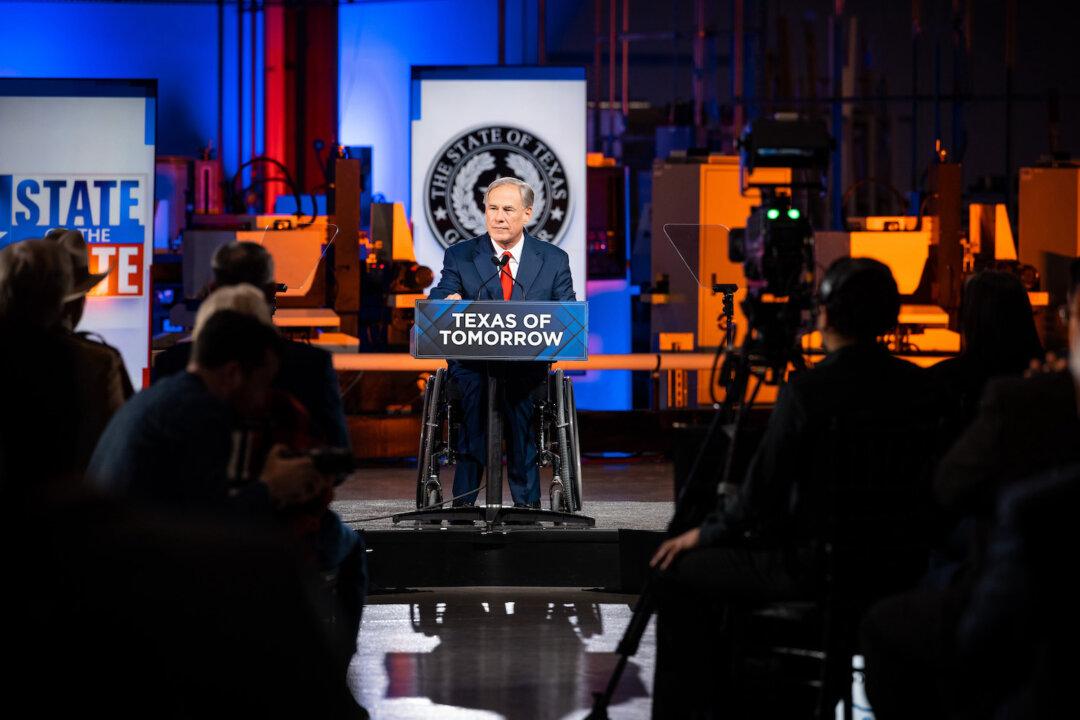Texas Gov. Greg Abbott has signed a border security bill into law that will give state law enforcement broad authority to arrest migrants who have entered Texas illegally and will allow local judges to order such migrants out of the country.
The Dec. 18 move by the Republican governor puts into place one of the nation’s strictest immigration laws and sets up a clash with the federal government, which has authority over immigration policy. Under the new rules, all law enforcement officials in the state of Texas, including those who are hundreds of miles from the border, would have the authority to detain migrants suspected of entering the nation illegally.





